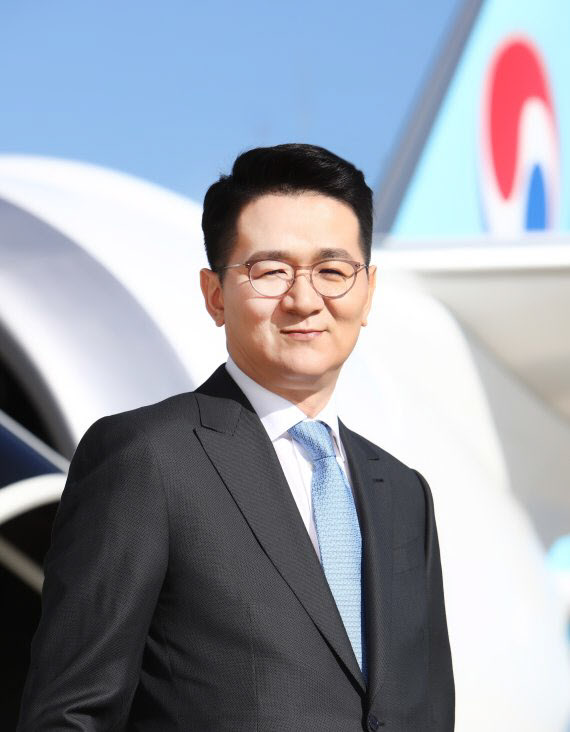|
According to a business report filed with the Financial Supervisory Service on the 19th and the Financial Supervisory Service, Chairman Cho received a total of 398.84 million won, including 1.76 billion won from Korean Air and 1.36 billion won from Hanjin Kal last year.
This is an increase of 63.6% (1.25 billion won) from 2019. In 2019, Chairman Cho received a total annual salary of 1,893 million won, including bonuses from Korean Air, 1,378.35 million won, and 515 million won from Hanjin Kal.
The problem is that the Hanjin Group, whose main axis is the aviation industry, was hit by a direct hit from Corona 19, and while the group is running super austerity, Chairman Cho’s annual salary has risen significantly.
Korean Air’s sales last year fell by 40% compared to the previous year to 7.6 trillion won. Operating profit also decreased to 238.3 billion won, down 17% from the previous year. Although it barely made a surplus, it was the result of risk management such as cargo transportation, asset sale, and minimization of cost expenditures in a situation where most of the airliners stopped. Literally, it has endured the year through super austerity management.
In fact, Korean Air declared emergency management since April of last year, and all executives returned part of their salaries according to their position, such as 50% of monthly salary for vice president or higher. In the case of Hanjin-Kal, CEO Seok Tae-soo, one of Hanjin Group’s high-paid workers, in 2019, the annual salary was 560 million won, but last year he was not listed as an annual salary of more than 500 million won. This is believed to be because the actual amount received has decreased due to the return of the salary. 70% of all employees also entered rotational leave.
As a result, the total salary of employees last year was 1.262.7 billion won, down 18% from 1,5409 billion won last year. The average salary per employee was 68.19 million won, down about 16% from the previous year (8083 million won).
Other costs have also been drastically reduced. In the case of sales and management expenses, it decreased by nearly half (48.7%) from 1.272.3 billion won in 2019 to 6528 billion won last year.
However, it is the only one that Chairman Cho’s annual salary has increased by more than 60%.
Hanjin Group explained that the monthly compensation was calculated by comprehensively reflecting the position, duties, leadership, expertise, and contribution to the company according to the directors’ compensation payment criteria, and it was determined through the preliminary review of the compensation committee and the executive approval of the board of directors.
An official from Hanjin Group said, “Chairman Cho took office as chairman in 2019, but as he received compensation for the actual chairmanship from 2020, his salary increased in 2020 compared to 2019. Chairman Cho’s remuneration has been decided.”
An official from the Korean Air Employees Association said, “It varies from department to department, but maintenance and cabin crew members are only able to work for two months a year, and their salaries have been reduced by 50%.” It is questionable whether it is correct to raise the salary,” he said.

